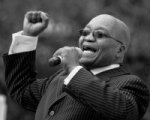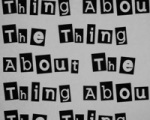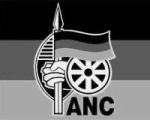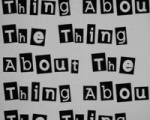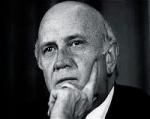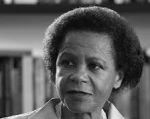 SPEECH: Every now and then a piece of writing, confined to the historical archives, leaps out at you, as though written only yesterday. The speech below stuck me as one such example. It is a famous remark, most famous for the passage commonly titled ‘the man in the arena’, about critics who condemn from afar. But almost every paragraph is as rich and lucid with meaning and insight; and it is prescient too. In South Africa we battle daily with the idea of what it is to be a good citizen. Here you have a secular Bible of sorts, a wonderful, insightful guide to citizenship in a republic. Read it with our country, its politics and current condition in mind. I would suggest it required reading for any liberal. Its brilliance really is something both rare and special. At some point I shall expand on its significance. In the meantime, enjoy.
SPEECH: Every now and then a piece of writing, confined to the historical archives, leaps out at you, as though written only yesterday. The speech below stuck me as one such example. It is a famous remark, most famous for the passage commonly titled ‘the man in the arena’, about critics who condemn from afar. But almost every paragraph is as rich and lucid with meaning and insight; and it is prescient too. In South Africa we battle daily with the idea of what it is to be a good citizen. Here you have a secular Bible of sorts, a wonderful, insightful guide to citizenship in a republic. Read it with our country, its politics and current condition in mind. I would suggest it required reading for any liberal. Its brilliance really is something both rare and special. At some point I shall expand on its significance. In the meantime, enjoy.
Read the rest of this entry »













